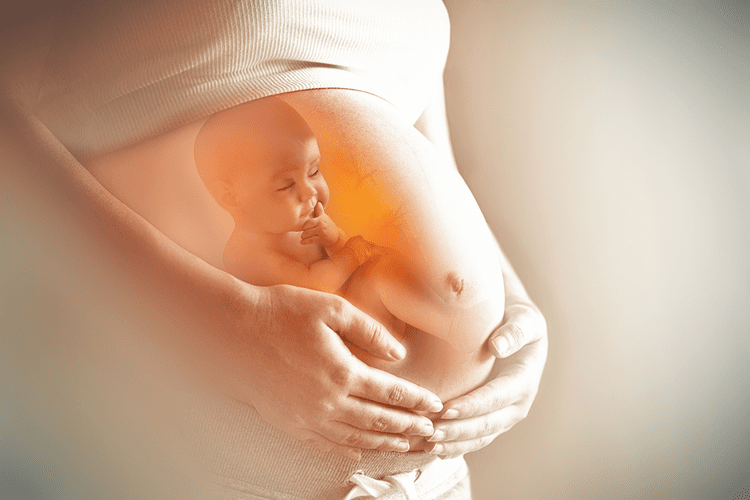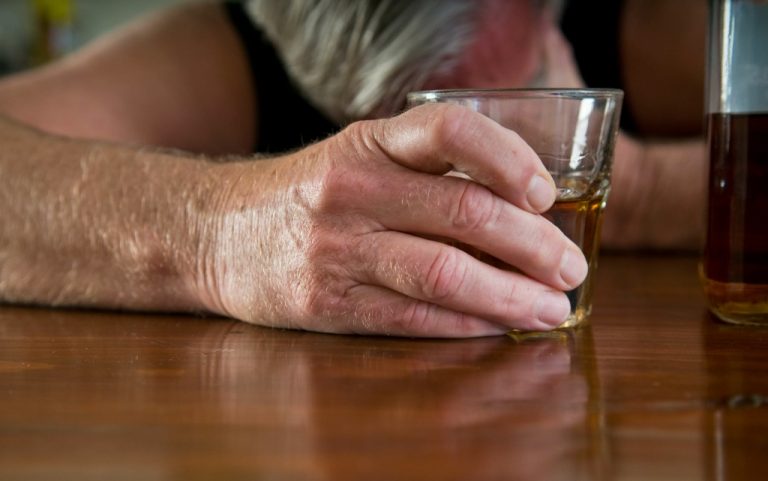Two beers a day shrinks your brain as much as a decade of aging
Maintaining a healthy weight is key to preventing most of the chronic diseases that become more common as you age. This, of course, becomes more challenging after age 50 as your metabolism starts to slow down. Most booze is high in calories and carbs — the perfect formula to derail any weight management plan.

How to Stop Self-Medicating Depression, Anxiety, and Stress
If your loved one is willing to address their drinking problem, you can play a supporting role in their efforts. Again, it’s not your job to control their behavior, but you can assist them in identifying their triggers and finding ways to better handle them. Just let them know how their actions seem to be affecting their health or your relationship. If other family members have also noticed the drinking problem, you can set up a family meeting to broach the subject. If distance or limitations with mobility mean you’re unable to regularly meet with loved ones, embrace technology.
Reasons Why Age and Alcohol Don’t Mix
Sobriety (absolute abstinence from alcohol) might not be for everyone, but some who have gotten sober do say it has made their skin much better. “If I see a client over a long period and I’m familiar with their skin, then https://www.bmkaluminyum.com/2022/07/11/urine-alcohol-levels-chart-comparison-other-tests/ they tell me that they’ve stopped drinking, I’ll definitely be able to notice it in their skin,” says Rieder. If nothing else, sobriety is bound to help you age … well, if not like a fine wine, at least like a good kombucha. Binge drinking is behavior that raises blood alcohol levels to 0.08%.

One: alcohol ages the skin
- Centers for Disease Control and Prevention (CDC), thousands of people under the age of 21 die from causes related to alcohol, such as car crashes, burns, falls, and other unintentional injuries.
- Unfortunately, a night of heavy drinking can leave a person sweaty and odorous.
- This means no level of alcohol consumption is considered safe for our health (11).
The effects were reasonably small at this level – the team attempted to put things in context by comparing the brain volume losses to what naturally happens as people get older. In this context, going from zero daily alcohol units to one (say, half a beer) lost about as much brain volume as would be expected over six drug addiction months of aging. The team found that just one to two units of alcohol a day reduced overall brain volume and gray matter volumes across a number of areas, and microstructures in the white matter. A pint or can of beer or cider, or a standard glass of wine, for reference, represents two units.
Alcohol use: Weighing risks and benefits
Both acute and chronic excessive alcohol consumption can disrupt the heart’s circuitry, leading to arrhythmias and other age-related cardiovascular issues. Women who had 28 drinks or more per week had a 33 percent higher chance of developing the same syndrome. By adding extra stress to your body and depriving it of the nutrients it needs to rebuild, alcohol can place you years ahead in the aging process, and affect how you look. There are many ways alcohol can put an extra strain on your body. Alcohol causes your body to release more stress hormones, which speeds up the aging process. It also affects the healthy functioning of your digestive system, making it harder for you to absorb essential nutrients.
- Drinking also adds calories that can contribute to weight gain.
- As you get older, you’re more likely to live with chronic pain and you may be more susceptible to depression.
- In your younger years, your liver might process alcohol relatively quickly, making it easier for your body to bounce back after a night of drinking.
- The younger someone is when they start drinking, the higher the chances of having problems with alcohol later.
How Alcohol Affects Your Body and Hangovers As You Get Older
Furthermore, alcohol can cause enlarged blood vessels, which gives our skin a redder appearance. Overall, the investigators found positive associations between cumulative consumption of liquor and total alcohol with GrimAge acceleration, as well as the number of days of binge drinking with GrimAge acceleration. Alcohol abuse in older people has become more common in the past few decades.
Changes in balance and coordination
Scientists also found that participants diagnosed with an alcohol use disorder, more likely to be heavy drinkers in comparison, had significantly shorter telomeres as well. The shorter telomeres were equivalent to 3-6 years of biological ageing. Though the study did not compare the impact of binge drinking with spreading out alcohol consumption over the week, Topiwala expects the latter causes more aging as alcohol addicts were the most affected.
Your risk for osteoporosis — thinning, brittle, porous bones that break easily — increases with age. Calcium helps keep them strong, but too much drinking prevents your bones from absorbing this essential mineral. “That can include cognitive effects, sedative effects — like how you get sleepy with alcohol — effects on balance and coordination, raising your risk for falls,” Koncilja adds.
This could be someone you see at a local café or library. Invite them to a simple outing, like a walk in the park, so you can get to know each other better. Treatment options such as residential facilities, individual or group therapy, and does drinking alcohol age you peer support groups can be helpful in dealing with an addiction. You might plan to have a single drink with dinner, but you keep telling yourself, “One more won’t hurt.” Later, you find yourself looking at a collection of empty bottles on the table. Get the latest health advice from our experts in your inbox. Another factor as you age is the number of medications you are taking.
About Alcohol Addiction

Let’s not forget alcohol’s damaging effects on the heart. Through direct toxicity, oxygen deprivation, and weakened heart muscle, heavy alcohol consumption ultimately ages the heart and blood vessels from the inside out. Although alcohol might make you feel more relaxed in the moment, in the long run it can increase anxiety and depression, feeding into a negative cycle. And then there are the frequent hangovers from binge drinking. Overall, the less you drink, the more energetic and youthful you will feel. Feeling better inside almost always means looking better on the outside.